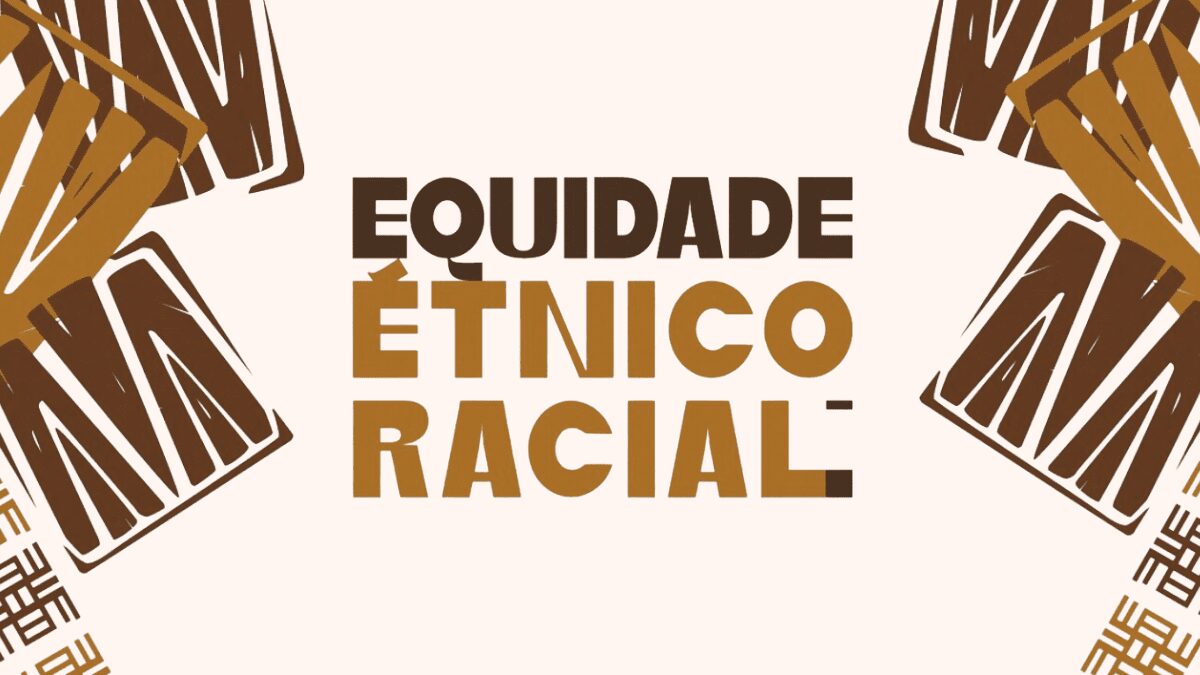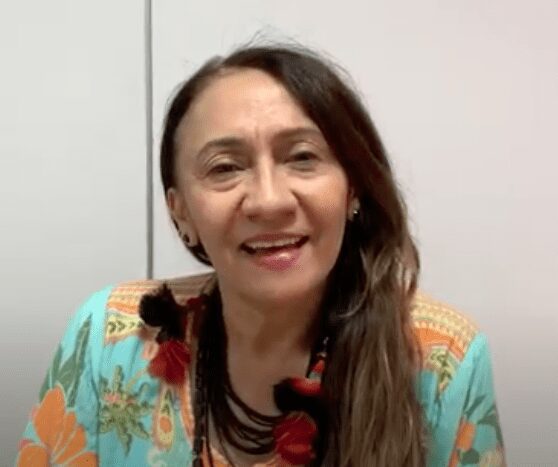Brazil 
Allocating Resources to Promote Racial Equity in Education
Five Lessons Learned from Brazil
Brazil 
Five Lessons Learned from Brazil
Creation of an expert committee, representation, and medium-term support are among the insights gained from developing a call for proposal supporting Black and Indigenous organizations.

Ethnic-racial relations are the basis upon which Brazilian society was built, impacting all areas, including its education system. While Black and Indigenous organizations play a central role in proposing practices and public policies that promote racial equity in education and improve student outcomes, they receive only a small fraction of philanthropic capital in Brazil.
This year, we partnered with Unibanco Institute to launch the Institutional Strengthening – Ethnic-Racial Equity Call for Proposals to select 20 civil society organizations in the Black, Indigenous, or Quilombola movements, providing financial support, institutional development assistance, mentoring and the sharing of practices and knowledge. The goal is to strengthen their impact in the territories in which they operate.
The preparation of the call involved extensive reflection and dialogue on principles and practices of Imaginable Futures, Unibanco Institute, and the philanthropic sector. Aiming to identify gaps and opportunities, we were mindful of how we, as funders, can expand our role in building a more equitable society in a country where the education system offers opportunities to only a privileged few.
According to the Observatório da Branquitude, basic education schools with better infrastructure mostly enroll white students (69%). Conversely, over half of the majority of Black schools lack a library (50.2%), computer lab (53.1%), and sports facilities (51.7%). Consequently, Indigenous people have the highest illiteracy rate, and illiteracy among Black individuals is more than double the rate of white students. As a result, ensuring groups most proximate to these students could meaningfully participate in the call was essential.
 Thaís Dias Luz, Unibanco Institute
Thaís Dias Luz, Unibanco Institute“This measure is essential as it ensures that leaders from these communities, often facing significant barriers to accessing resources, can participate and directly benefit. With this focus, the call inspires other organizations to adopt a more inclusive and representative approach,” said Thaís Dias Luz, Senior Analyst for Educational Strategies at Unibanco Institute.
Imaginable Futures and Unibanco Institute did not develop the call alone. A representative committee composed of Black, Indigenous and Quilombola women and experts in ethnic-racial education participated in decisions related to the selection criteria for supported organizations and will provide pedagogical support post-selection. Members of this committee include Edneia Gonçalves, sociologist, educator, and deputy executive coordinator at Ação Educativa; Givânia Maria da Silva, professor, researcher, and coordinator of the CONAQ (National Education Collective of the National Coordination of Quilombos); Jussara Santos, PhD in Education, professor, and consultant at the CEERT (Center for Studies on Labor Relations and Inequalities); and Rita Potyguara, Indigenous from the Potyguara People and director of the Brazilian headquarters of the Latin American Faculty of Social Sciences (Flacso)
 Jussara Santos, CEERT
Jussara Santos, CEERT“The call is being carried out through collective construction, where Black, Indigenous, and Quilombola researchers were heard and participated in decision-making regarding the design and scope of the call,” explained Jussara Santos.
Being led by Black, Indigenous, or Quilombola individuals was a priority for institutional participation. We also decided to aim to reserve half of the offered slots for Indigenous and Quilombola organizations, thus supporting traditional knowledge. This decision stems from the acknowledgment that these organizations have historically been underfunded despite their wealth of experiences leading to effective solutions and approaches. We believe that the diversity of knowledge is crucial for promoting racial equity for all students.
 Rita Potyguara, Flacso
Rita Potyguara, Flacso“Such a decision was made considering their socio-historical, economic, and cultural realities, as these groups experience more pronounced inequality indicators. For instance, Indigenous people have the highest illiteracy rate in the Brazilian population, highlighting the perverse effects of intersectionality among races, ethnicities, poverty and illiteracy that characterize inequalities in our country,” said Rita Potyguara.
We chose to support organizations with an annual revenue budget of up to R$ 1 million (about USD 182,500). The philanthropic sector often concentrates funding on larger organizations with pre-established networks, neglecting local grassroots organizations that are repositories of wisdom. When education is contextualized within the community and actively involves community members, the quality of learning is strengthened.
In the same vein, we opened participation in the process to non-registered organizations with a CNPJ (National Register of Legal Entities), provided they are willing to undergo formalization after selection. Technical support for this process will be offered for free to selected organizations. In this way, we hope to contribute to the necessary and achievable construction of bottom-up public policies.
 Edneia Gonçalves, Ação Educativa
Edneia Gonçalves, Ação Educativa“The possibility for collectives and organizations without a CNPJ at the time of application to participate means the inclusion of a large group that has always been excluded due to lack of formalization. The opportunity for formalization after selection is a potential pathway for real institutional strengthening, enabling these organizations not only to continue existing but also to participate in other calls and access other forms of support,” said Edneia Gonçalves.
Funding for civil society organizations often focuses on specific projects for a limited period. Guided by principles of trust-based philanthropy, we opted to allow organizations to use resources as they see fit to develop their internal structure through actions such as human resource management, communication and financial sustainability. Additionally, financial support of R$ 100,000 (about USD 18,200) per year will be maintained over three years, from 2025 to 2027. In addition to financial resources, selected entities will have access to mentoring, communities of practice, and paths to institutional strengthening focused on leadership, management, communication, and financial sustainability, among other areas.
“Each selected organization will receive financial resources for institutional strengthening, enabling them to apply these funds most effectively, without necessarily earmarking them for specific project actions. This comprehensive support model may inspire other foundations to provide resources that help organizations grow sustainably and effectively,” explained Thaís Dias Luz.
The call acknowledges the crucial role that Black and Indigenous organizations play in building a more just society. We are selecting local initiatives that exemplify the change we aim to promote throughout the entire system. We will provide support for communities of practice formation, as well as monitoring and evaluation of their development and achievement of goals. Thus, solutions that have directly contributed to territories can be multiplied through shared learning. We also hope that sharing these experiences will attract new supporters who share our belief that philanthropy plays a unique role in creating a fairer society.
Guided by principles of trust-based philanthropy, we opted to allow organizations to use resources as they see fit to develop their internal structure through actions such as human resource management, communication and financial sustainability.